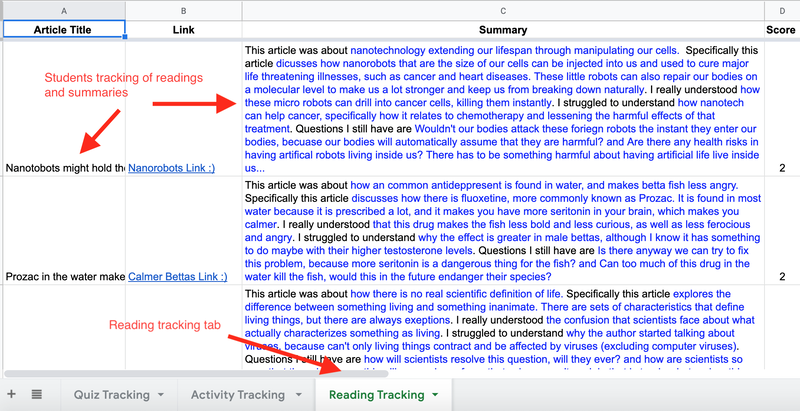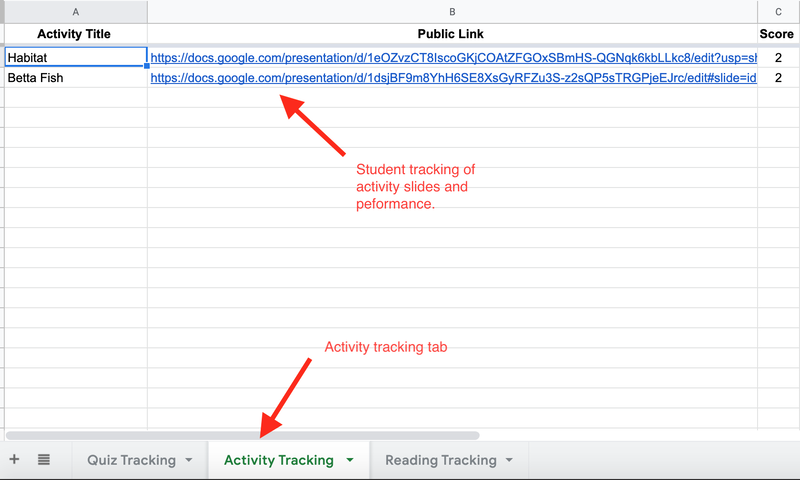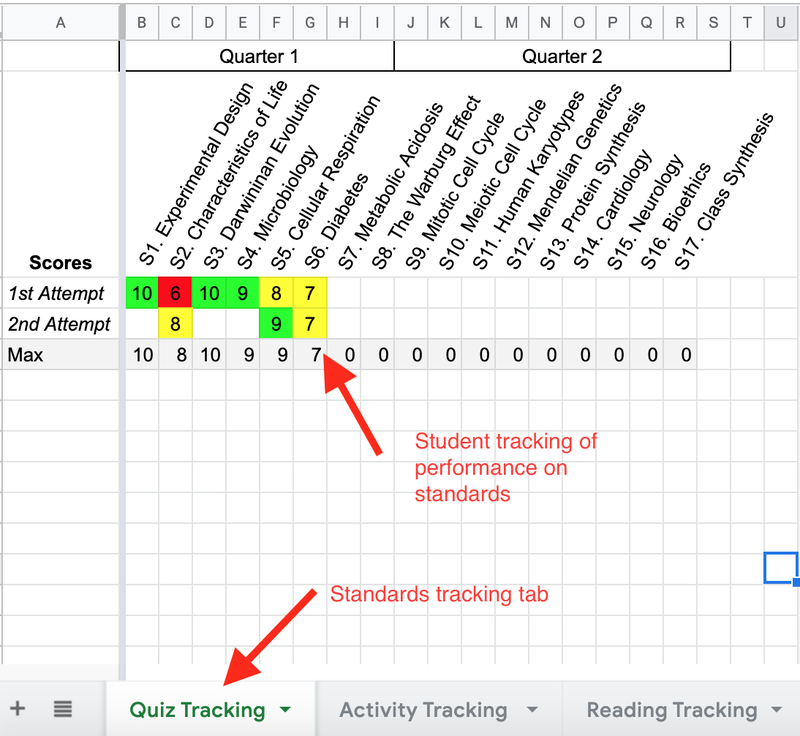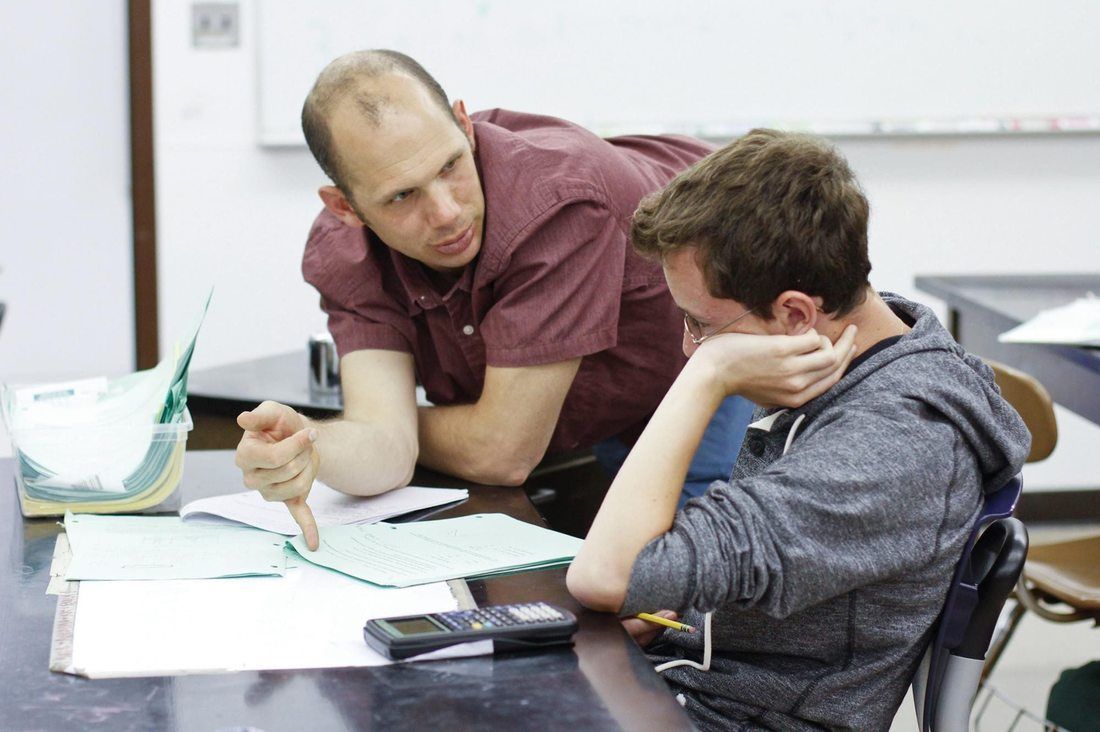|
|
Teaching in the Time of COVID: A High School Teacher's Rules for Effective Quarantine Teaching3/3/2022
During the time of 100% distance learning I gathered my thoughts together and produced the below book for my colleagues at my school site titled "Teaching in the Time of COVID: A High School Teacher’s Rules for Effective Quarantine Teaching". Given how hectic that time was, I never got around to sharing my work with my colleagues or PLN. So I'm doing that now! Although not necessarily applicable to our current situation, I am hopeful that you might find a few helpful tidbits of info. Enjoy! Distance Learning Lesson Planning Checklist (Catalyzed by Back to School Night reflection)9/18/2020
While many members of my PLN have gone back to teaching face-to-face via a myriad of different hybrid models, my colleagues and I still remain teaching in a 100% distance setting for the time being. Last night was "Back to School Night" via Zoom. The night was eye opening for me to say the least.
Normally Back to School Night is an energizing time for me connect with parents and share with them my authenticity as a teacher who values hands-on work and exploration with students in my science classes. Without realizing it, over the past ~ 6 months of distance learning, and clearly evident in my writing during this time, I have traded in my normal engaged, spontaneous, enthused presence in the classroom, for a stance that has placed protocols, organization, and structure, before all else. While tight structures are necessary, I hypothesize my fear of students feeling lost in the distance setting, and my lack of ability to work with them side-by-side, has forced me to see my teaching through a lens of structure first, rather than a lens of engagement and passion. If that makes sense? While I am sure many of us are experiencing similar trends in instructional behavior/design, this was underscored for me last night when interacting with parents via Zoom. While many appreciated the structure and my desire to organize their learning process, parents in my chemistry class specifically expressed a need for more hands on work at home, and engaged learning. This was a violating and dissonant thing to hear, as my normal stance as an educator is drenched in such a teaching framework. But how were they, specifically freshman parents, supposed to know that? I felt like it was Day 1, and all I had to show for my teaching was some boring Backwards Design Model, or tired lesson planning template that I was regurgitating from credential courses just 3 months prior. Indeed, in 100% distance learning, these are often the things that are on display. Such comments, while instructive, hit me hard, as hands on, engaged learning is something that comes so natural to me in the in the normal setting, something that parents/students rarely question...something that is the foundation of my authentic self in the classroom. If anything, the organization and systems I a putting in place have been weak spots for me as an educator over the years. Now they are front and center. After an evening of feeling sorry for myself, I woke up and jotted the below checklist to my normal teaching prep schedule in my "Notes" application. Each time I lesson plan moving forward, I plan on using this checklist to help me self regulate my lesson planning. A quality control measure to make sure I try my best (which will not always be feasible) to infuse my authentic self into the TIGHT STRUCTURE I have created for my distance learning. Rather than feeling guilty and trying to please parents...I simply need to do my best to infuse MYSELF into my lessons. "We teach from who we are" - Parker Palmer. Click here for my "Under Construction" Week 6 lesson plan/student notebook. If you look closely you will see opportunities for simple hands on work, collaboration synchronously and asynchronously, and more intentional sparking of student curiosity early on. This should be completely by end of day tomorrow, Sunday, 9/20. Explosive Disposal Next semester I am very excited to teach a new elective class called "Engineering for Social Good". The overarching goal for the course is to position isolated skills in coding, design, fabrication, electronics, CAD, etc., students have acquired in previous courses into a service context. I will be developing the course here. While I have a loose idea of the curriculum, I am this week in my Introduction to Robotics course to a test a few activities. An area of interest I currently have is the use of robots to carry important tasks that, in the past, resulted in human injury. One such area is explosive disposal. I am interested in how challenging students to simulate the explosive disposal process (we use the VEX V5 system) helps to build empathy for the risks various service providers face when working to protect our society. Using the VEX Vision Sensor and the VEX V5 Starter Kit I designed this challenge, this "Public Product" requirement, and put the students to work. View an example of student work here. A Few Good Men I have written in the past about how I love to use medical case studies to spark inquiry in biology class. This week, to conclude a 5E Inquiry Cycle on Cellular Respiration, students were challenged to solve this case taken directly from the movie A Few Good Men (upon surveying, NONE of my students have seen the movie. Shocking but better for the lesson!). Rather tell my students the correct diagnosis upon completion of their diagnosis presentations, I showed this video clip taken from the movie that reveals the diagnosis (Lactic Acidosis) for the students. Much more impactful and fun! Then, once the diagnosis has been revealed through the movie, I move into a responsive lecture about how the condition relates to current content in the class. Flash Cards Unlike the above reflections, this teaching example is super simple. Students spent today preparing for a quiz the on intermolecular forces in chemistry. Answering the questions on the quiz require students drawing a diagram to represent molecular interactions. Each group of students created a question, then solved their own problem directly on a personal whiteboard.
I then created a blank Google Slides preso, altered the settings, shorted the URL, and shared it with my students. Students then inserted their question into one slide and used their web cams to insert an image of the whiteboard from the previous question into the next slide. Within 20 minutes our class had made a deck of practice problems, that, when placed in presentation mode, behave like a set of flash cards. I then shared the slides with my students for strategic review. Click here for the final product.
I have already written during the first week of school about my excitement as I embarked on a paradigm shift in how I, and my students, think about, and record work (grades, activities, reading reflections, etc.).
Three weeks later my excitement has turned into obsession! I am SO happy this with new process, that, for a lack of a better, less "buzzy" phrase, it feels as if I am leveraging a Google Sheet template as a "Metacognitive Portfolio". A process that, after years of tinkering, really, actually, forces "thinking about thinking" and curates work effectively. Not something I read on a blog (like this one) or something I was told to do at a workshop or faculty PD session. What I mean is this: Rather than recording grades in our grade book, students keep track of their own progress on standards, while I keep track of progress on a paper sheet, and update quarterly. BUT in addition to standards tracking, students are tracking ALL of their work in a Google Sheet using sub tabs. One tab is for tracking standards performance (autogenerated colors help students reflect reassessment needs). One tab is for links to their activity slides (click here for a previous post about this process). Finally, one tab is for students to track, in a structured way, reflections on class readings. Thus, the three things I grade: standards, activities, and readings, are now curated easily, in one place, for students to not only reflect on performance, but also catalog work. One place for students to gain awareness of performance, build pride around their body of work, and develop appreciation for their readings curated over the course of the year. Simple. No website. Easy. Effective. So far... Plus, I don't have students coming and asking "what is my grade?". I rather have students asking, "have you graded that yet so I can update to my sheet." It keeps us both honest in the best possible way. MOST IMPORTANTLY, whenever I need to access student work, I go to ONE PLACE to access it ALL! Grades, activities, readings, etc. I love it! Less tech. Better tech. Click here for the template I pushed out on the first day of class for them to track. They shared it with me, I made a folder of their sheets, and thats it. I have ALL their work. No folder, just a sheet. I love it! (Can you tell I'm excited??) See images of the system below, along with an embedded video of me reflecting, in an overly excited way after a day of teaching, on the process. (Note: this might not be life changing to any of you, but I have to share it. Simpler=Better IMO. I have tried so many things and this...this my friends...is something I'm truly pumped about!." It's like REFLECTIVE PRACTICE CHRISTMAS or something. :) In no particular order. I want to to turn this into an expanded eBook. Feedback to me is welcome. Your can also share your advice here.
|
Categories
All
Archives
March 2024
|





 RSS Feed
RSS Feed